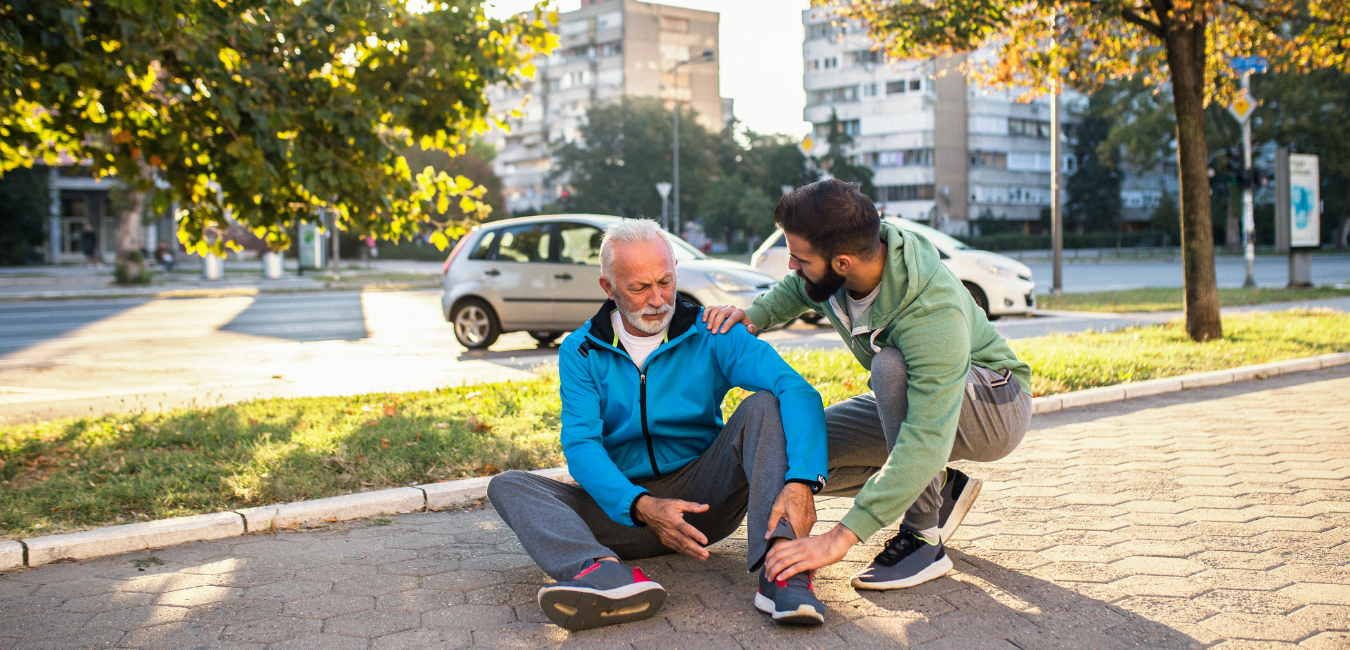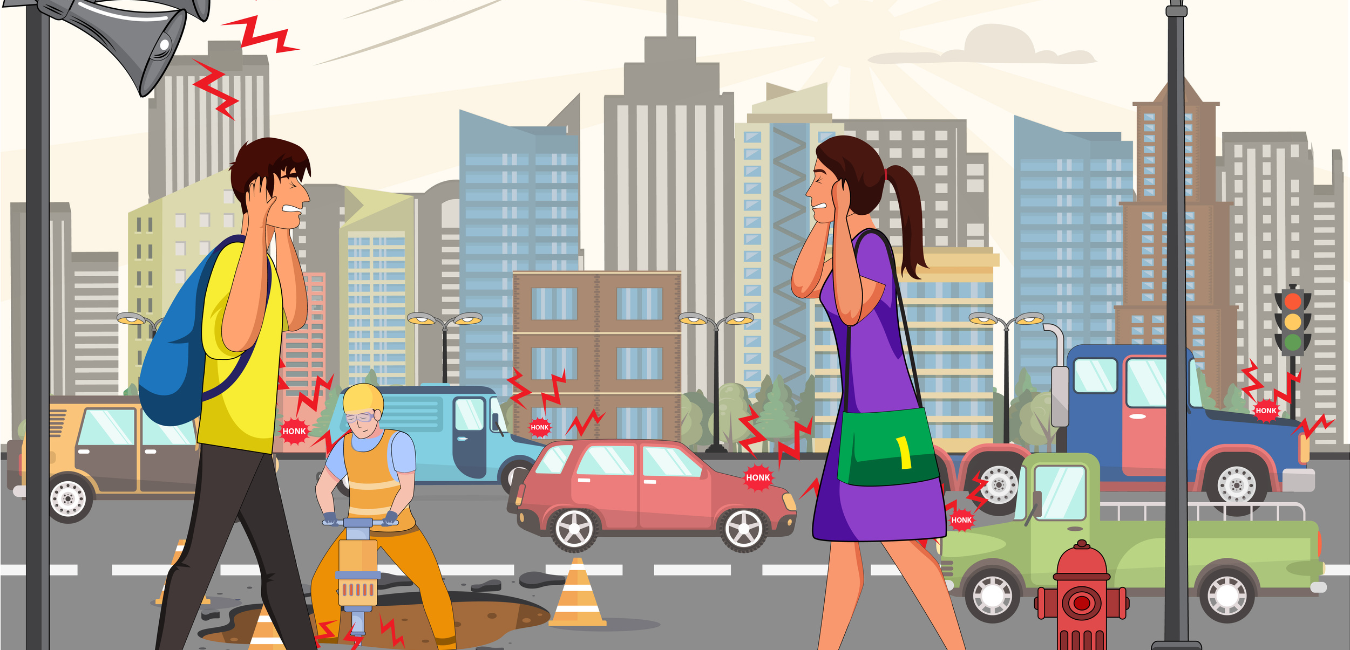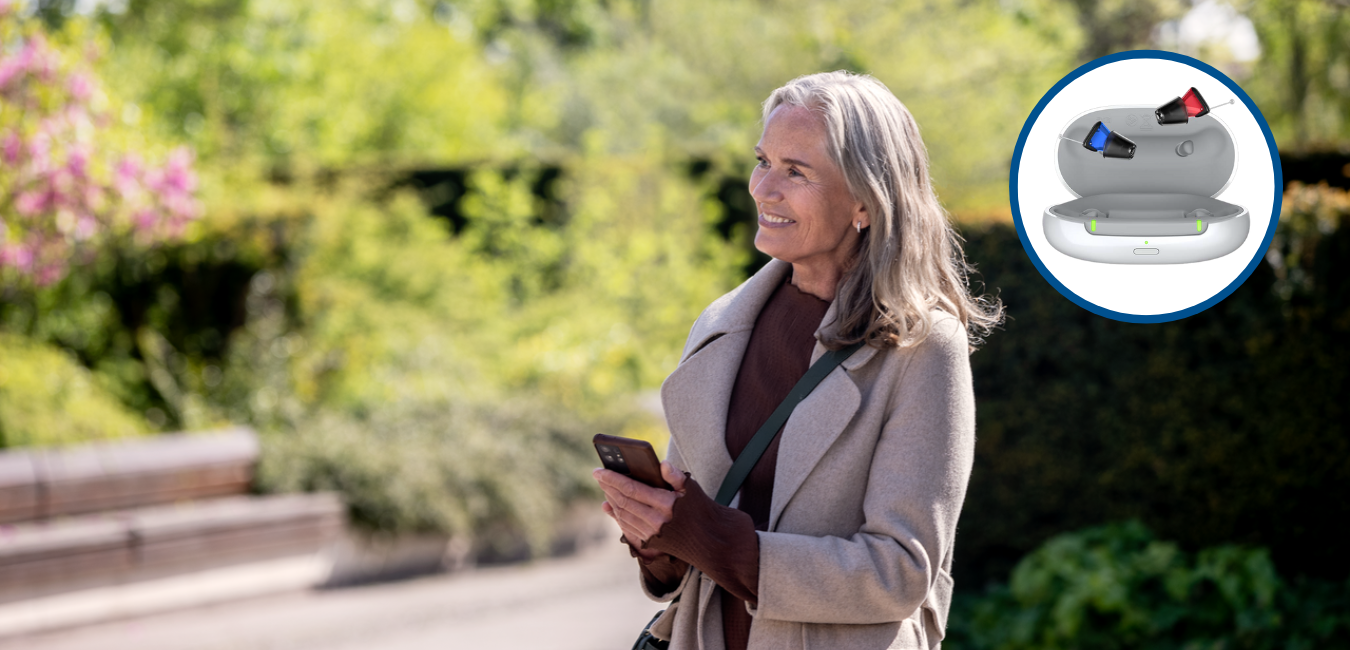Is Hearing Loss Connected to Falling?
The National Institute on Aging reports that 25% of those over 65 experience a fall annually. Coincidentally, one in three people between 65-74 also have hearing loss. While there may not be a direct correlation, there is a close link.
Preventing falls in seniors may begin with regular hearing tests, as common inner ear issues can affect balance.
Falls can become increasingly common as we age for various reasons, including declining balance and hearing loss. Therefore, falls become a significant fear for older individuals.
Even if they are not injured, falling is frightening. It leads to people experiencing a sedentary lifestyle. When people move less, their muscles weaken, thus increasing their likelihood of falling.
Why does hearing loss matter?
Even a minimal hearing loss of 25 decibels, can affect your hearing and move individuals into the mild hearing loss category. This change can triple the chance of an accident. The danger is that when hearing loss is new to an individual, they may be less cautious and more prone to falls.
4 Reasons Hearing Loss Increases Fall Risk
-
Hearing loss depletes cognitive resources
When concentrating harder to distinguish sound, fewer mental resources are available for balance.
-
Sounds assist in balance
Achieving proper balance involves coordination between vision, eye and head movements, joint/muscle coordination, and auditory senses. When you are wearing hearing aids your brain does not have to work as hard to process sounds, so it can focus on other tasks such as maintaining your balance.
-
Aging affects balance and hearing
Hearing loss from aging is linked to declining vestibular senses. These involve the receptors in the middle ear, which are triggered whenever the head is moved.
Additionally, they are activated by downward gravitational forces, providing the brain with a sense of location (to avoid dizziness or vertigo). Yet, dizziness doesn’t always signify vestibular problems.
Evidence suggests that declining vestibular capacities begin at age 40. Over one-third of those over 40 cannot pass balance tests (standing on a piece of foam with eyes closed). Failing this test indicates a higher fall risk.
Loud, lower-frequency sounds can damage your inner ear. As time passes, it can affect hearing and balance.
You should note that inner ear challenges and age-related hearing loss don’t always coincide and aren’t the same. Many people suffering from vestibular problems have exceptional hearing. Furthermore, not all adults with hearing loss experience vestibular weakness.
-
Hearing loss affects mood
When experiencing anxiety, unhappiness, or stress, people are less alert. Hearing loss increases depression as individuals become less social because they can’t hear. It leads to social isolation, causing depression. Depression is linked to increased falls, which deepen depressive episodes, generating a vicious cycle.
Balance and Hearing Loss: The Connection
Mild hearing loss can create a threefold risk of falling. As hearing loss increases, the chance of falling also rises. Balance and hearing share common nerve pathways to the brain.
Researchers speculate that hearing loss may introduce increased cognitive loads for individuals as their brain struggles with interpreting sound. This factor leads to fewer cognitive resources assisting with stability and balance.
Hearing aids that fit correctly can address the issue as they increase spatial awareness. A hearing aid reduces the cognitive resources that the brain must apply to hearing. Research indicates that hearing devices do improve individual performance when given balance-related tasks.
Statistics on Falls and Hearing Loss
- Severe hearing loss increases the risk of falling.
- Those with hearing loss increase their fall risk compared to the general public.
- The leading cause of non-fatal/fatal injuries in older adults is falls.
Do hearing aids decrease falls?
Research indicates that consistent hearing aid usage decreases accidents in older adults. A study at the University of Michigan discovered that first-time hearing aid use reduced fall-related injuries by 13% over three years.
Hearing aids help improve the wearers awareness and balance. As such, it’s essential for older adults with suspected hearing issues to have their hearing checked by a professional.
If hearing aids are recommended, wearing them consistently will help decrease the chances of falling and minimize the risk of a fall related accidents.
How to Reduce Chances of Falling
To reduce the risk of falling, we recommend that individuals:
- Take a baseline exam. Create an appointment with your hearing health specialist to determine if hearing loss exists and to what degree.
- Follow their recommendations for hearing devices and follow-ups. Based on your circumstances, your hearing health specialist can recommend what to use and adjust your hearing aids for a comfortable fit. They can also help personalize your settings.
- Consistently wear their hearing device. Consistent use of hearing aids has been shown to reduce the risk of falling.
Reduce Accident Risks With Hearing Solutions
Regarding preventing falls in seniors, there is a notable association between hearing loss and fall-related accidents. While current studies continue to investigate the connection, there is substantial evidence to prove an association between hearing loss and balance issues.
We advise booking an appointment for a hearing test to reduce the risk of falls. Our hearing experts at Hearing Solutions can test for decreases in hearing and what devices to use based on your lifestyle. Ultimately, proper hearing can reduce the chance of accidents and assist in ensuring that you live a more active lifestyle.
References
Alexander, K., Anderson, M., Campos, L., Foster, C., Hullar, T., Prochazka, A. (2023, June 14). “Consistent hearing aid use is associated with lower fall prevalence and risk in older adults with hearing loss.” Journal of the American Geriatrics Society. https://agsjournals.onlinelibrary.wiley.com/doi/abs/10.1111/jgs.18461#
Ehrenfeld, Temma. (2023, August 29). “Hearing loss and falls: Why they’re connected.” Healthy Hearing. https://www.healthyhearing.com/report/53220-Hearing-loss-falls-balance-hearing-aids
UTSouthwestern Medical Center. (2022, July 5). “For older adults, hearing loss and falls go hand in hand.” UTSouthwestern Medical Center. https://www.utsouthwestern.edu/newsroom/articles/year-2022/july-hearing-loss-and-falls.html
Campos L;Prochazka A;Anderson M;Kaizer A;Foster C;Hullar T; (n.d.). Consistent hearing aid use is associated with lower fall prevalence and risk in older adults with hearing loss. Journal of the American Geriatrics Society. https://pubmed.ncbi.nlm.nih.gov/37314100/
Lin, F. R., & Ferrucci, L. (2012, February 27). Hearing loss and falls among older adults in the United States. Archives of internal medicine. https://www.ncbi.nlm.nih.gov/pmc/articles/PMC3518403/
U.S. Department of Health and Human Services. (n.d.). Falls and fractures in older adults: Causes and prevention. National Institute on Aging. https://www.nia.nih.gov/health/falls-and-fractures-older-adults-causes-and-prevention








